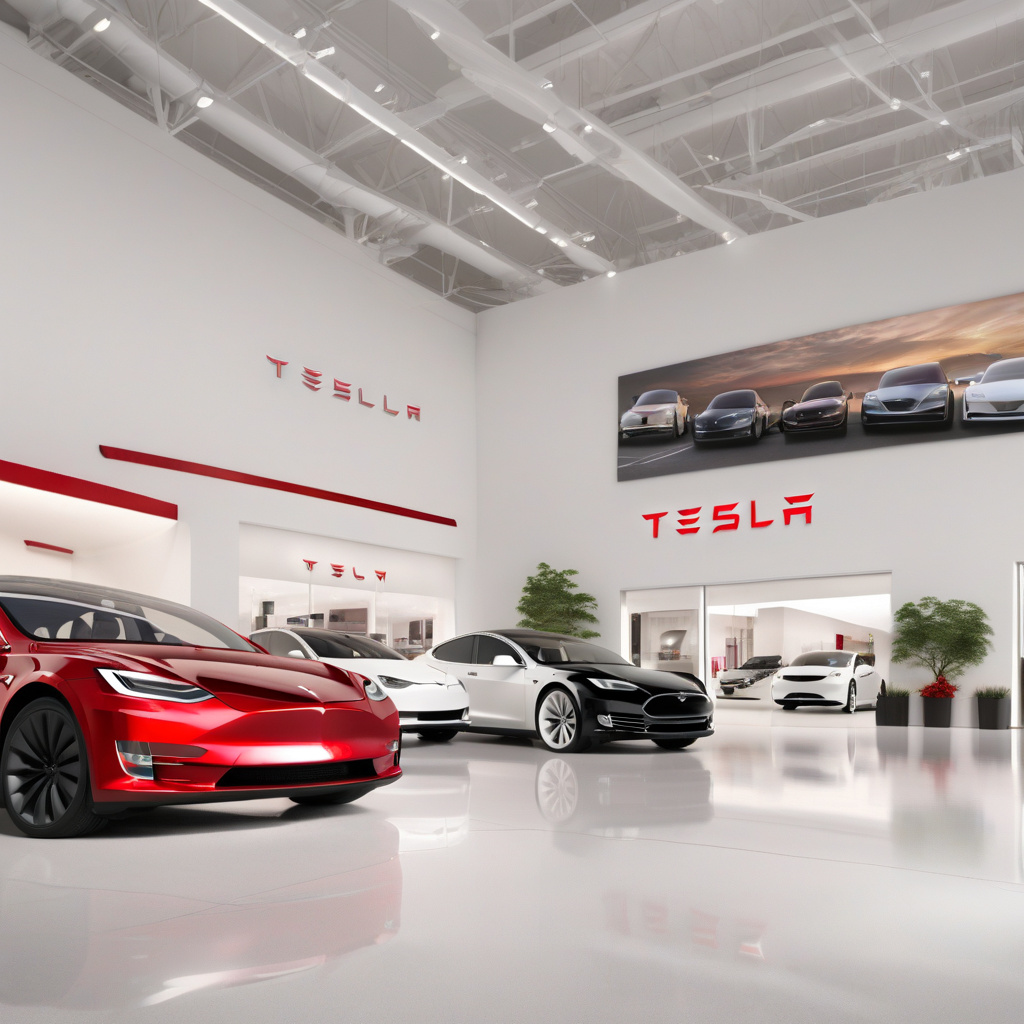Tesla’s Anticipated Low-Cost Model Delayed: What Does This Mean for the EV Market?
Tesla, the pioneering electric vehicle (EV) manufacturer, known for its innovation and cutting-edge technology, has hit a snag in its plans for a more affordable EV model. According to a recent report from Reuters, the launch of this eagerly awaited vehicle has been pushed back by several months. Initially slated for release in the first half of this year, the introduction of this budget-friendly model, said to be a stripped-down version of the Model Y, may now be delayed until late 2025 or early 2026.
This delay raises questions about Tesla’s strategy and its impact on the EV market as a whole. The promise of a more affordable Tesla model had generated significant excitement among consumers and industry experts alike. With the growing demand for electric vehicles and increasing competition in the market, many were eager to see how Tesla would make its mark in the mid-range segment.
One of the key implications of this delay is the potential shift in consumer preferences and buying behaviors. As the market for EVs continues to expand, affordability remains a critical factor for many prospective buyers. Tesla’s ability to offer a more budget-friendly option could have been a game-changer, attracting a new segment of customers who were previously deterred by the higher price tags of existing models.
Moreover, the postponement of the low-cost model’s launch might provide an opportunity for other EV manufacturers to gain a competitive edge. Rivals in the market could use this time to strengthen their own offerings, potentially capturing market share that Tesla had aimed to secure with its delayed model. Companies like Ford, Volkswagen, and Rivian, among others, could capitalize on this window of opportunity to solidify their positions in the increasingly competitive EV landscape.
From a technological standpoint, the delay in launching the low-cost model raises questions about the challenges Tesla may be facing in production and development. As Tesla strives to maintain its reputation for innovation and quality, any setbacks in introducing new models could impact its brand perception and market standing. The EV industry is marked by rapid advancements and fierce competition, making timely product launches crucial for staying ahead of the curve.
In conclusion, while Tesla’s decision to delay the launch of its new low-cost model may come as a disappointment to many, it also underscores the complexities and challenges inherent in the EV market. As Tesla recalibrates its strategy and works towards bringing this model to market, industry observers will be watching closely to see how this delay shapes the future of Tesla and the broader EV landscape. The evolving dynamics of the industry ensure that every move, whether delayed or on schedule, has the potential to reshape the competitive landscape and drive innovation in the ever-evolving world of electric vehicles.

